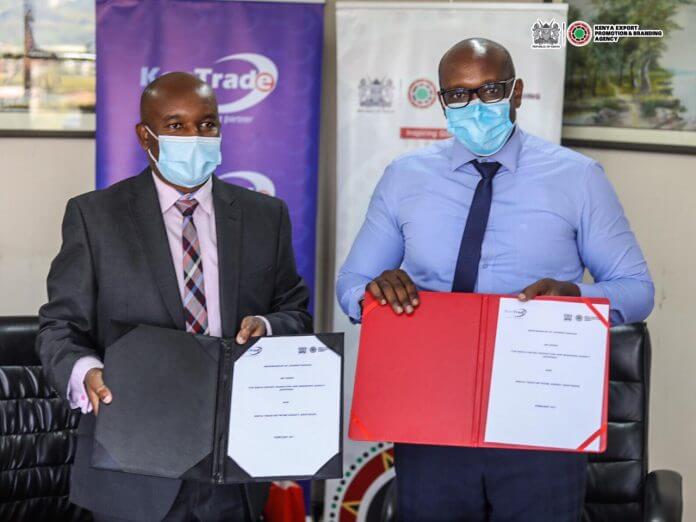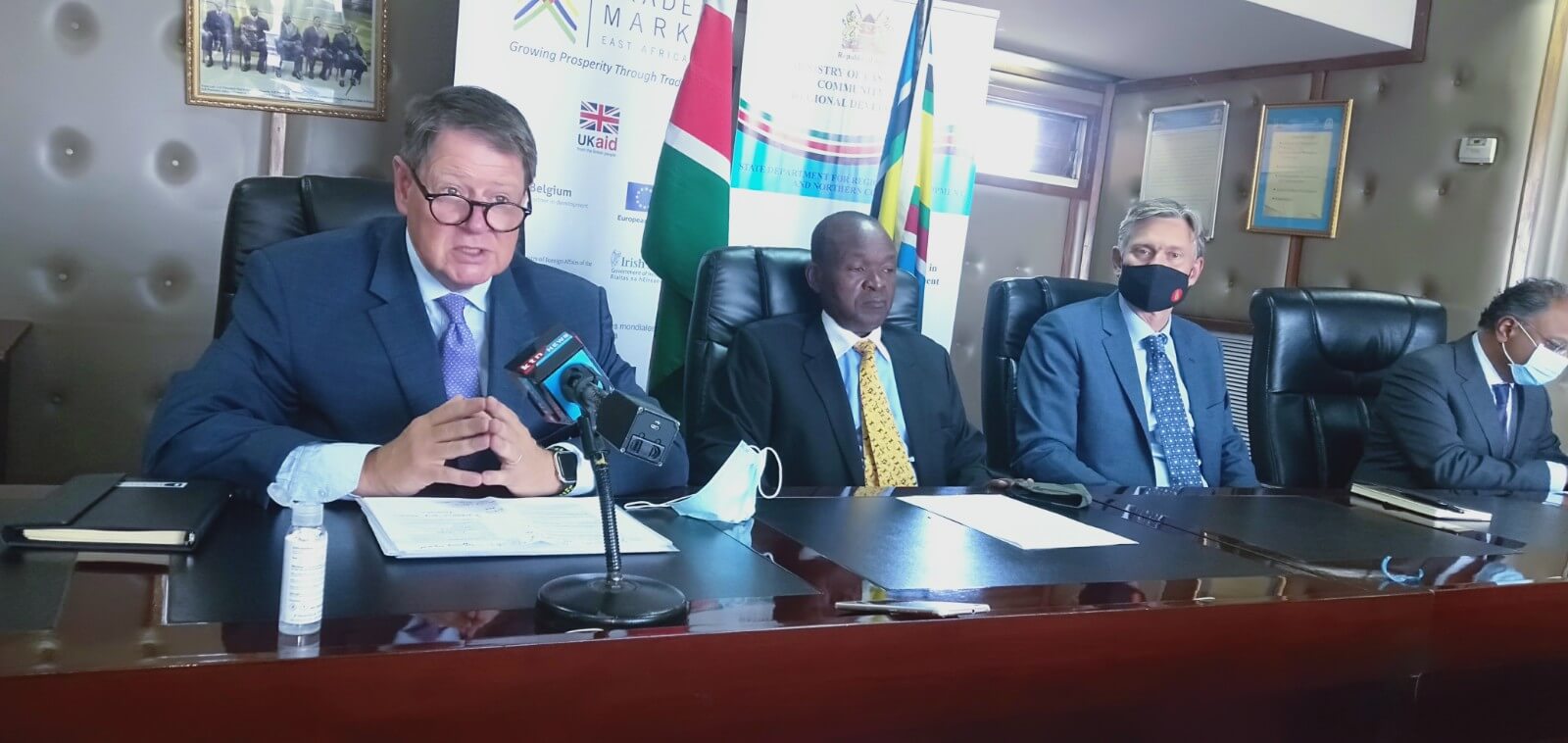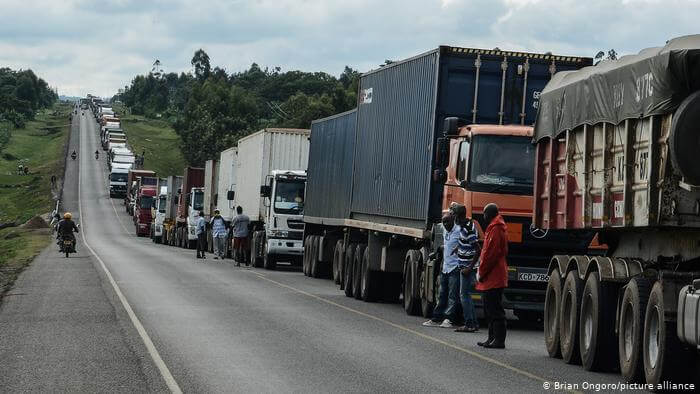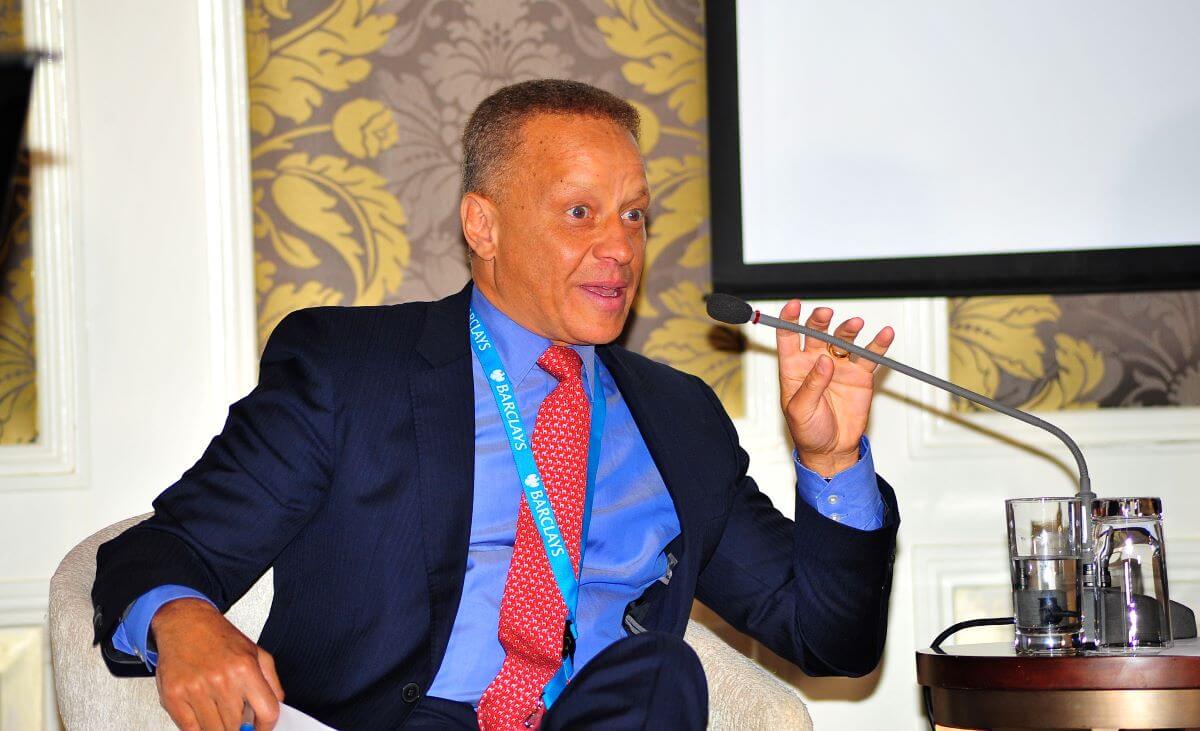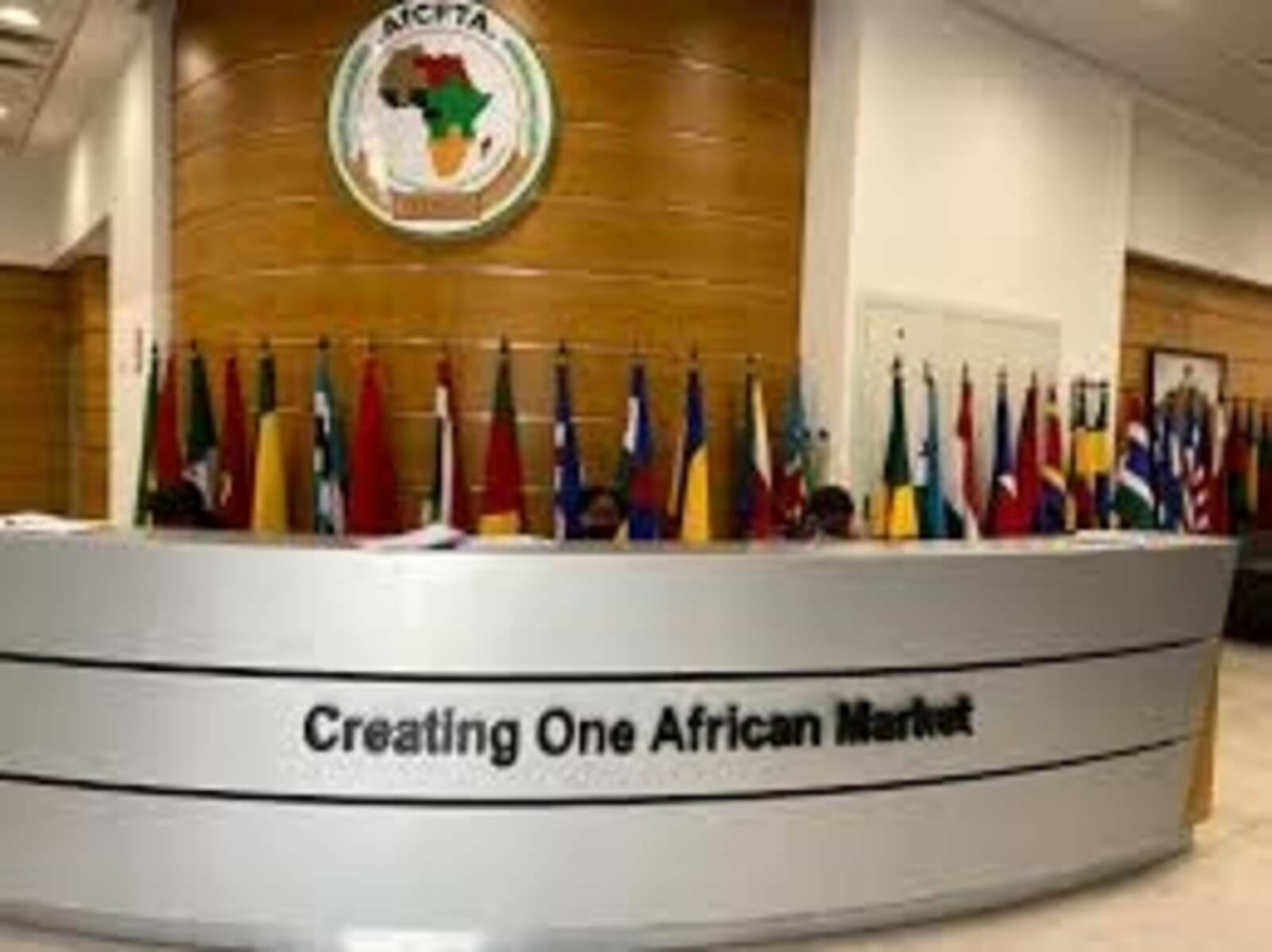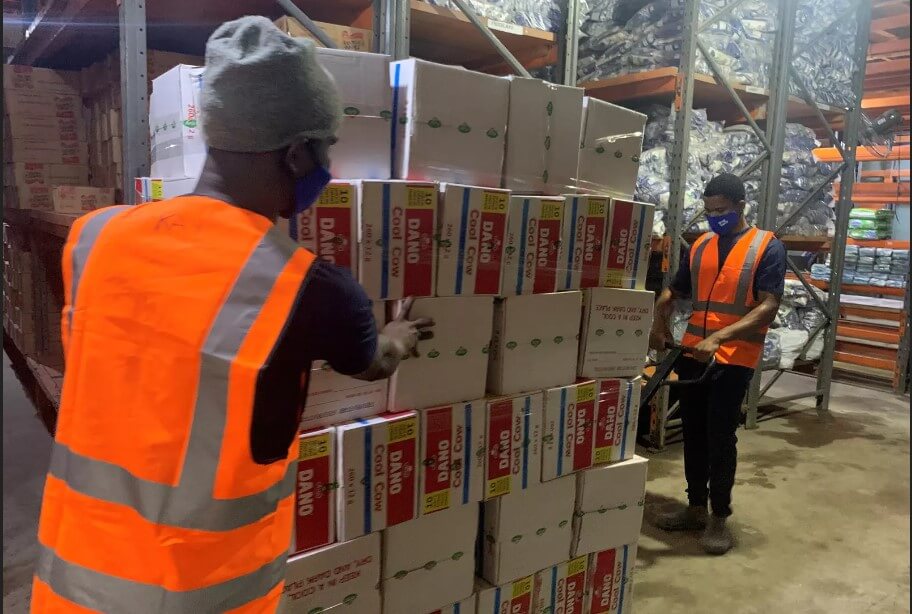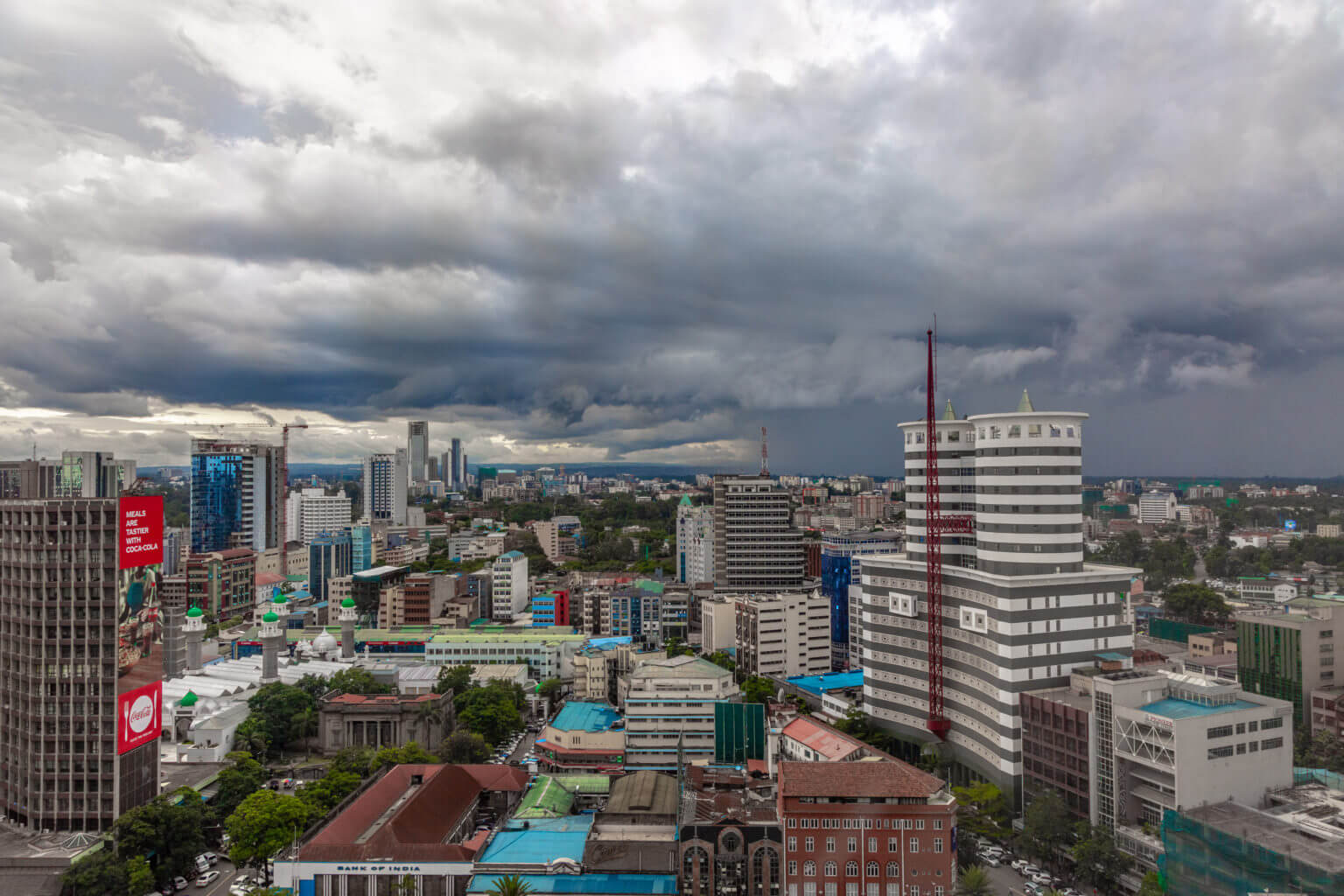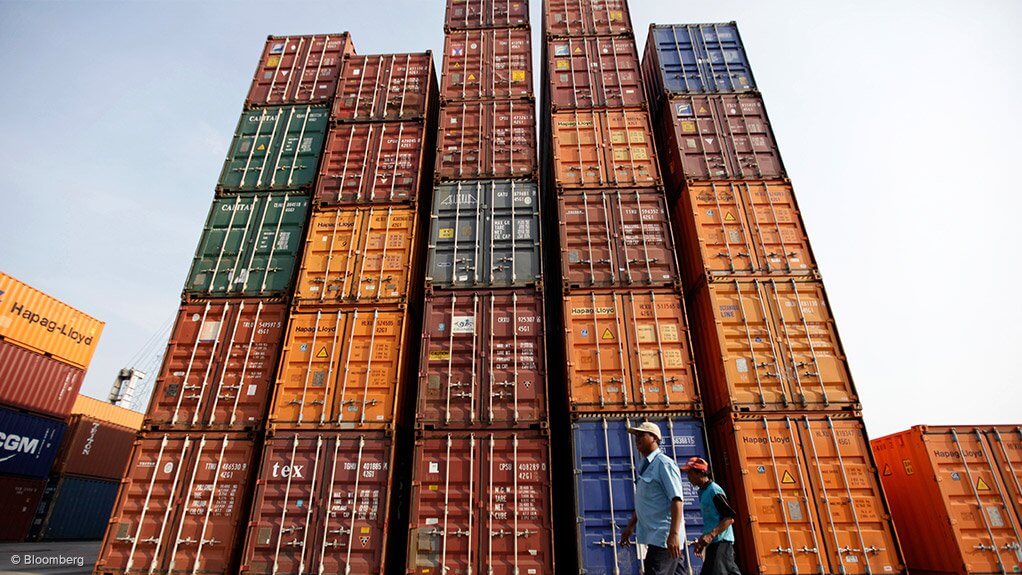This follows the signing of a 3-year Memorandum of Understanding between KEPROBA and KenTrade which is expected to deepen trade facilitation in the region with the coming into force of the African Continental Free Trade Area (AfCFTA) on 1st January 2021. According to KEPROBA, the two Agencies will ride on each other’s programs to boost cross-border trade and promote Kenya exports in target markets. Speaking during the signing ceremony, KEPROBA chief executive Dr. Wilfred Marube said the agency from 2019 has been working on digitizing export procedures and transactions with the aim of making it easier for the buyer and seller to meet. Get breaking news on your Mobile as-it-happens. SMS ‘NEWS’ to 20153 Creating synergies with KenTrade, he said, will assist in realizing this since KenTrade has a history of connecting buyers and sellers. “This MOU will address this aspect through the envisioned exporters’ academy which will build the capacity of traders through product development and trade advisories for export ready traders. This will be made possible through the exchange of information between the two agencies,” said Dr. Marube. He reiterated that the agency is seeking to address how they can facilitate normal Kenyan Traders to reach the global market and become exporters. KENTRADE CEO Amos Wangora said a priority to the agency is facilitating how fast exports can get to the global market which will give Kenya a competitive edge. “This will be made possible through simplification of the export process which forms some of the provisions in...
KEPROBA, KenTrade partnership to boost regional exports
Posted on: February 8, 2021
Posted on: February 8, 2021

